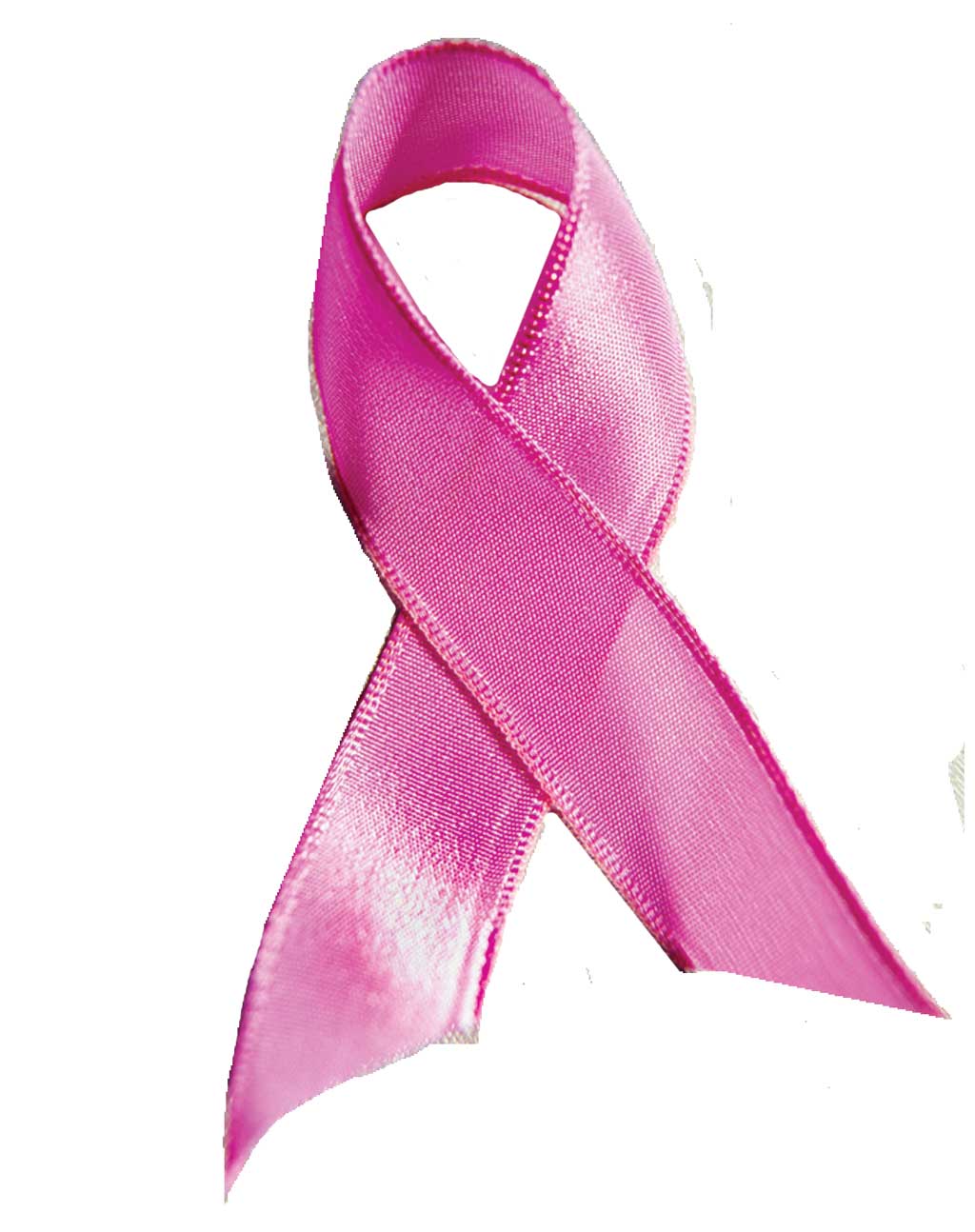By Ashley M. Newman, MD
Breast cancer is one of the most common types of cancer in women, and it is also one of the most detectable due in large part to screening mammograms.
Mammograms can detect breast cancer at its earliest, most treatable stages, even when it is too small to be felt by you or your doctor.
October is Breast Cancer Awareness Month, but you can talk to your doctor any time about your risk for the disease and the benefits of screening.
1 in 8 Chance
The American Cancer Society (ACS) estimates that nearly 340,000 women will be diagnosed with breast cancer in 2022 alone, making it the most common cancer in women in the United States, except for skin cancer.
Overall, the average risk of a woman in the United States developing breast cancer sometime in her life is about 13%. This means there is a one in eight chance that she will develop breast cancer, according to the ACS.
Fortunately, however, the ACS also reports that breast cancer death rates have been decreasing steadily since 1989, for an overall decline of 43% through 2020.
The decrease in death rates is believed to be the result of finding breast cancer earlier through screening and increased awareness, as well as better treatments.
Screening Recommendations
While there are varying guidelines for breast cancer screening, the National Comprehensive Cancer Network recommends that women of average risk have annual screening mammograms starting at 40 years of age.
(It is important to note that although women are at much greater risk for breast cancer, men can also develop the disease.)
Average risk means you have no known genetic or family history that suggests you are at increased risk of developing breast cancer.
Patients at increased risk for the disease should talk with their healthcare provider about starting screening sooner. Factors that can increase the risk for breast cancer include:
• Family history of certain cancers, including breast, ovarian, and pancreatic cancers.
• Personal history of breast cancer.
• Inheriting certain gene changes.
• Having dense breast tissue.
• Starting menstrual periods early, especially before age 12.
• Going through menopause later, especially after age 55.
• Having radiation to your chest.
At the Penn Medicine Princeton Medical Center (PMC) Breast Health Center, patients have access to digital breast tomosynthesis, commonly known as 3D mammography, which makes breast cancers easier to see in dense breast tissue. Screening is also more comfortable, and studies show that it results in a 30% increase in cancer detection.
Watch for These Signs
Breast cancer, especially in its early stages, may not have any symptoms. Seek medical advice if you notice any of the following signs, even if you recently had a mammogram:
• A lump or thickening in the breast that feels different than surrounding tissue.
• Changes in the shape, size, or appearance of the breast.
• Changes in the skin over the breast, such as dimpling.
• Peeling or flaking of the skin around the nipple.
• A newly inverted nipple.
• Discharge of fluid from your nipple.
Better Treatments
Finding breast cancer early through screening mammograms makes treatment easier.
In many cases of cancers that are found early, a lumpectomy may be all that is needed surgically, and sometimes radiation can safely be avoided. Certain breast cancers can also be treated with medicine to block hormones that help cancer grow, instead of needing chemotherapy.
In other types of breast cancers, such as triple negative breast cancer, advances in medicine such as immunotherapy and targeted drug therapy have improved overall survival.
Triple negative breast cancer is characterized by the absence of all three receptors known to fuel breast cancer growth. It tends to grow and spread more quickly than other types of cancer. With these new therapies, patients with triple negative breast cancer are living longer without recurrence of their disease.
The Penn Medicine Cancer Center at PMC offers patients with triple negative breast cancer access to immunotherapy as well as targeted drugs that work to destroy breast cancer cells or slow down their growth.
World Leader in Cancer Research and Care
The Cancer Center at PMC is accredited as a Comprehensive Community Cancer Program by the American College of Surgeons Commission on Cancer (CoC), which is dedicated to improving survival and quality of life for patients with cancer. CoC accreditation recognizes programs that provide comprehensive, high-quality, and multidisciplinary patient-centered care.
Additionally, PMC and PMC Breast Health Center have earned full accreditation from the National Accreditation Program for Breast Centers (NAPBC), a program administered by the American College of Surgeons to improve quality of care and monitoring of outcomes for patients with diseases of the breast. Less than one-quarter of acute care hospitals in the state of New Jersey have received this accreditation.
Moreover, as part of Penn Medicine, experts at PMC work with teams at the Abramson Cancer Center — a world leader in cancer research, patient care, and education — to provide access to advanced diagnosis and treatment.
For more information about the Cancer Center at PMC or to find a breast cancer specialist call 888-742-7496 or visit www.princetonhcs.org.
Ashley M. Newman, MD, is board certified in general surgery and fellowship trained in breast surgical oncology. She is a member of the medical staff at Penn Medicine Princeton Health.

